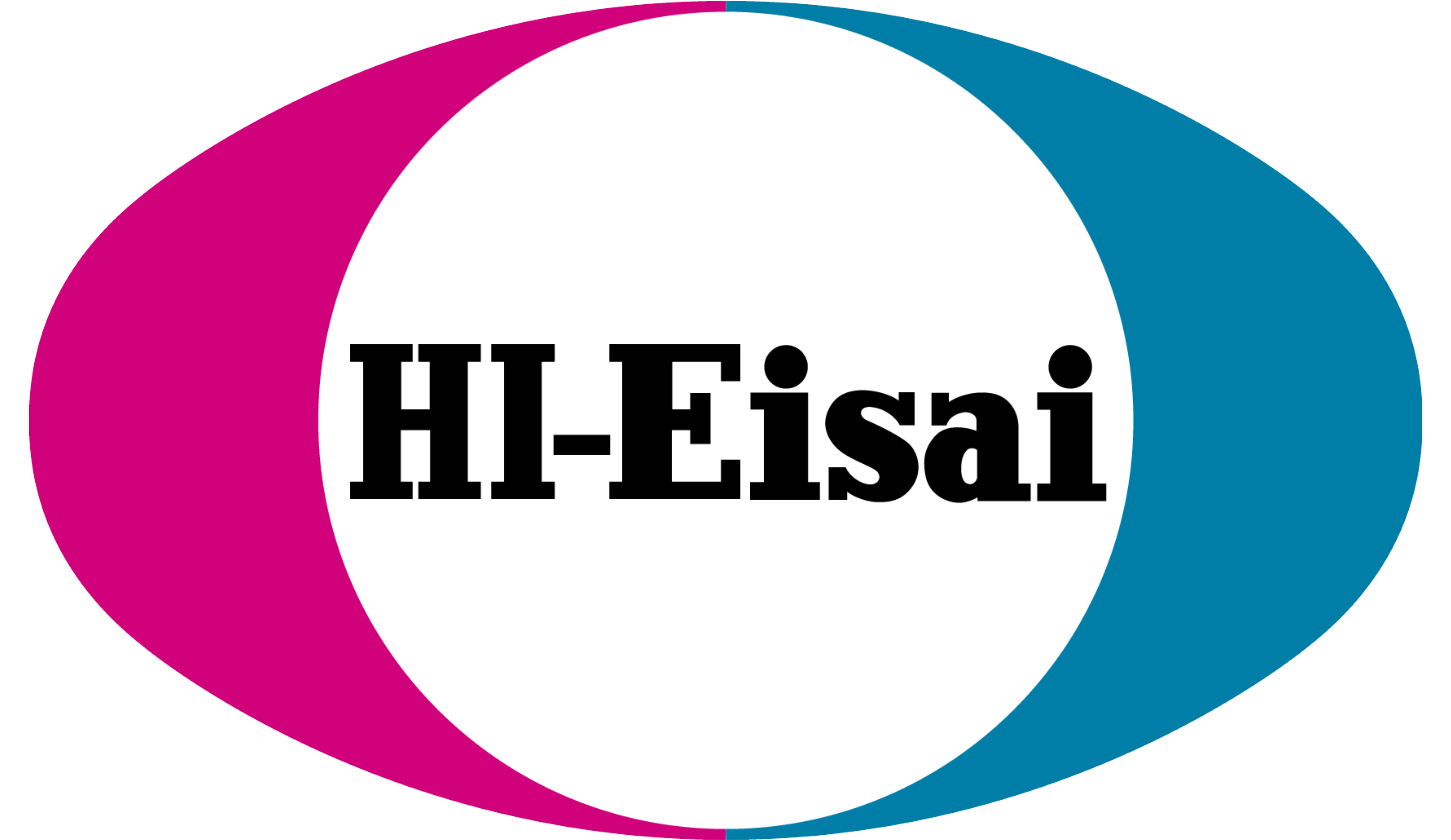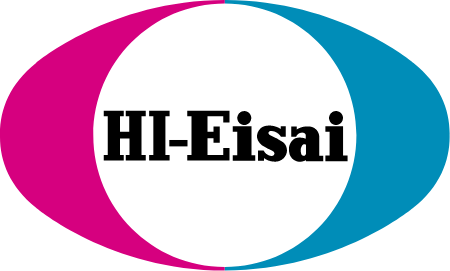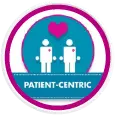Eisai Co., Ltd. (Headquarters: Tokyo, CEO: Haruo Naito, “Eisai”) announced today that it has entered into an agreement with the National Cancer Center to collaborate on investigator-initiated clinical research for the EZH2 inhibitor tazemetostat hydrobromide (generic name, product name “Tazverik® Tablets 200 mg”, “tazemetostat”) based on “Patient-Proposed Healthcare Services” system. This clinical research will be conducted by the National Cancer Center Hospital.
The “Patient-Proposed Healthcare Services” system is a system under which medical treatment using unapproved drugs not covered by insurance is applied for to the government based on the patient’s request, and is conducted as a clinical trial to confirm safety and efficacy. Under the terms of the agreement, Eisai will provide tazemetostat free of charge to the National Cancer Center Hospital as the drug to be used in “A clinical trial of Tazemetostat for pediatric and AYA* patients with malignant tumors which have no standard of care or and which is refractory to standard of care: Patients-Proposed Healthcare Service” to be conducted by the hospital under this program.
Researched and developed by Eisai and Epizyme, Inc.,** an Ipsen (Headquarters: France) company, tazemetostat is a first-in-class, oral small molecule inhibitor of the epigenetic enzyme EZH2. It is one of the histone methyltransferases in the epigenetics-related protein group, and is thought to regulate the expression of cancer-related genes and suppress the growth of cancer cells by specifically targeting EZH2, which contributes to the cancer growth process.1 Eisai holds the rights for development and commercialization of tazemetostat in Japan, where it was approved for the indication of “relapsed or refractory EZH2 gene mutation-positive follicular lymphoma (only when standard treatment is not applicable)” in 2021, and manufactures and distributes the product.
Eisai positions oncology as a key franchise area and aims to create innovative drugs that act towards curing cancer. Eisai is committed to expanding the potential clinical benefits of tazemetostat for cancer treatment, as it seeks to contribute to addressing the diverse needs of, and increasing the benefits provided to, patients with cancer, their families and healthcare professionals.
* AYA (Adolescent & Young Adult): Patients between the ages of 15 and 39.
** Acquired by Ipsen in 2022
Media Inquiries:
Public Relations Department,
Eisai Co., Ltd.
+81-(0)3-3817-5120
[Notes to editors]
1. About the “Patient-Proposed Healthcare Services” system
The “Patient-Proposed Healthcare Services” system is a system that allows patients who wish to use unapproved drugs and other medications as uninsured treatment to do so promptly, based on the patient’s request, while confirming the safety and efficacy of the drug and allowing access to the unapproved drugs at medical institutions close by. The objective is to accumulate data and scientific evidence for future insurance coverage.
Ministry of Health, Labour and Welfare “Patient-Proposed Healthcare Services” (Moushide Ryouyou) System: https://www.mhlw.go.jp/moushideryouyou/ (Japanese only)
2. About tazemetostat hydrobromide (generic name, product name “Tazverik® Tablets 200 mg”)
Tazemetostat is a first-in-class, oral small molecule inhibitor that targets EZH2 that was jointly researched and developed under the alliance agreement between Eisai and Epizyme, Inc., an Ipsen company, utilizing Epizyme, Inc.’s proprietary product platform. This agent selectively inhibits EZH2 in a competitive matter with S-adenosylmethionine (a methyl group donor) to suppress methylation of H3K27.1 Eisai is responsible for development and commercialization of this agent in Japan, where the drug was approved in June 2021 for the indication of “relapsed or refractory EZH2 gene mutation-positive follicular lymphoma (only when standard treatment is not applicable)”. Ipsen is responsible for the development and commercialization of this agent in the United States, where accelerated approval was granted for in January 2020 with the indication of “adults and pediatric patients aged 16 years and older with metastatic or locally advanced epithelioid sarcoma not eligible for complete resection”. In June of the same year, the accelerated approval was granted for this agent with the indication of “adult relapsed / refractory follicular lymphoma who had at least 2 regimens of prior treatment and whose tumors are positive for an EZH2 mutation as detected by an FDA-approved test”, and of “adult relapsed / refractory follicular lymphoma for which there are no satisfactory alternative treatment options”. This agent is not approved outside of Japan and the United States.
3. About epigenetics
Epigenetics is a branch of science that studies the mechanism for the acquired activation/inactivation of gene function and seeks to determine how gene function is inherited through cell division, irrespective of DNA base sequence alteration. Examples of modification that lead to the regulation of gene expression include methylation of DNA and modifications of histone (methylation, acetylation, phosphorylation, etc.).
4. About EZH2
EZH2 is one of the histone methyltransferases within a larger class of epigenetics-related proteins, and specifically catalyzes the methylation of histone H3 at lysine 27 (H3K27), thus controlling expression of various genes. It is indicated that an increase in methylation of H3K27 caused by EZH2 gain-of-function mutation, overexpression, or the dysfunction of the SWI/SNF (switch/sucrose non-fermenting) complex that reportedly inhibits EZH2 methylation activity, plays an important role in carcinogenesis.1
1 Sarah K. Knutson, Satoshi Kawano, Yukinori Minoshima, et al. Selective Inhibition of EZH2 by EPZ-6438 Leads to Potent Antitumor Activity in EZH2-Mutant Non-Hodgkin Lymphoma. Molecular Cancer Therapeutics. 2014 Apr; 13(4):842–854






